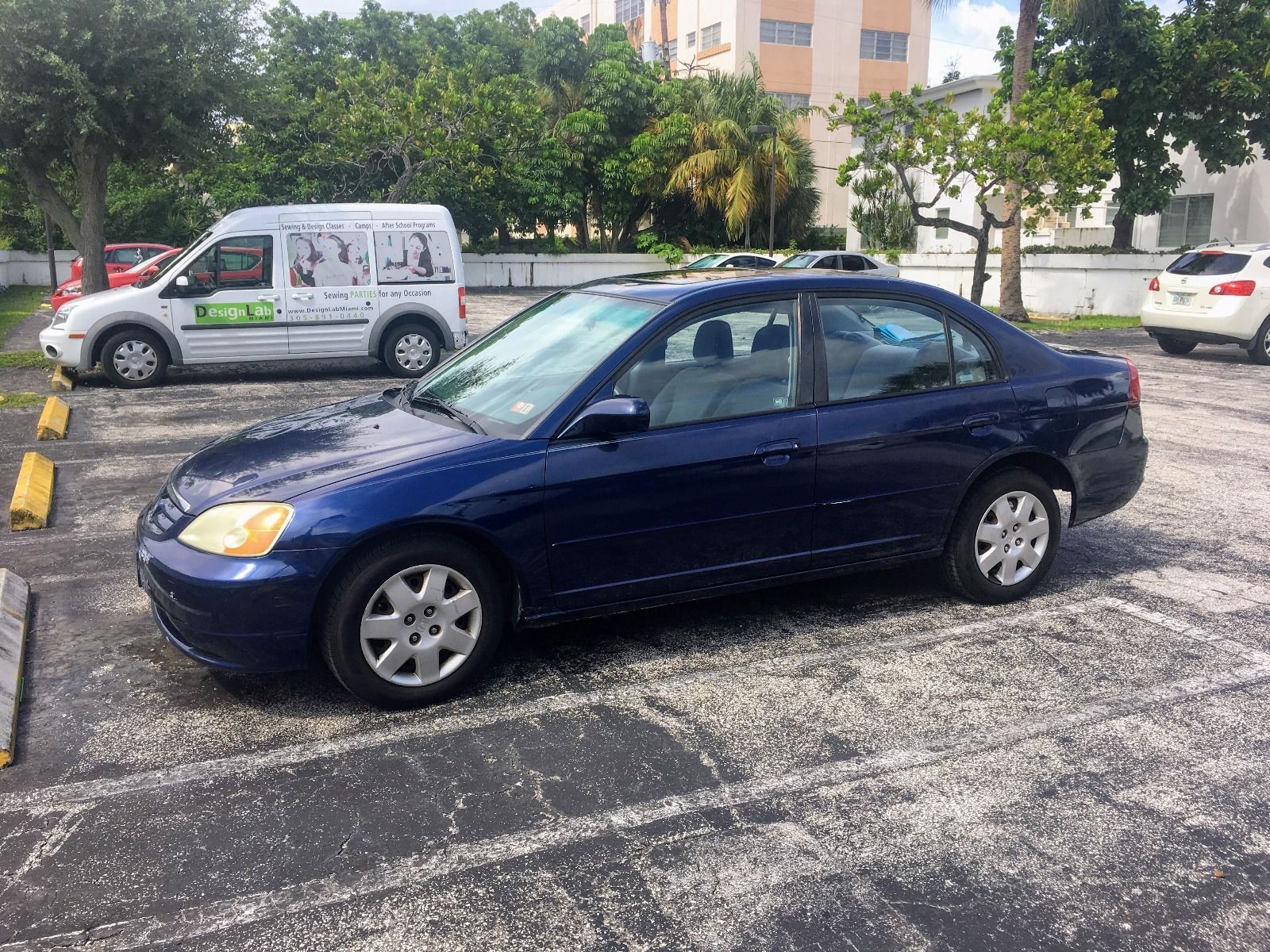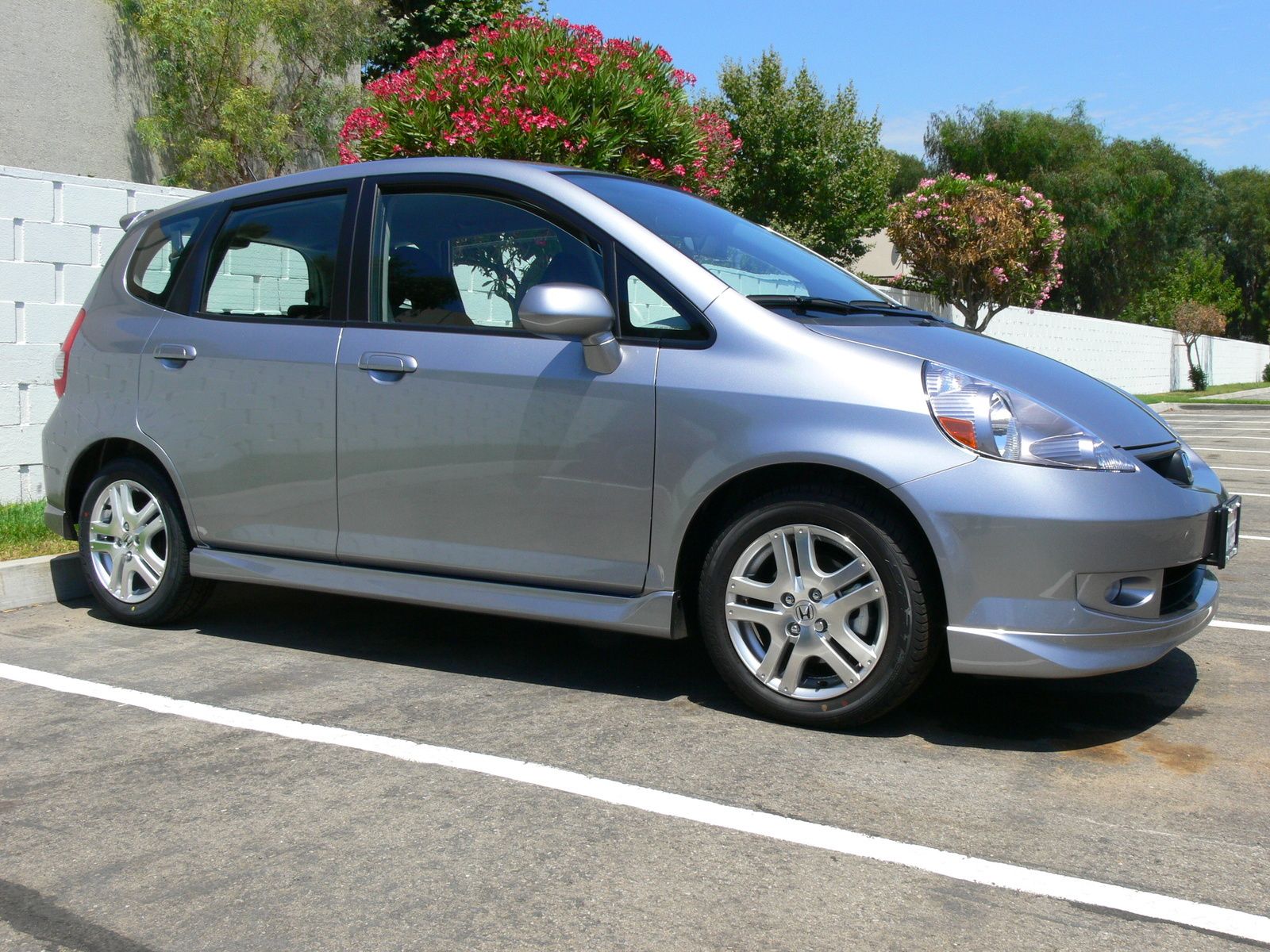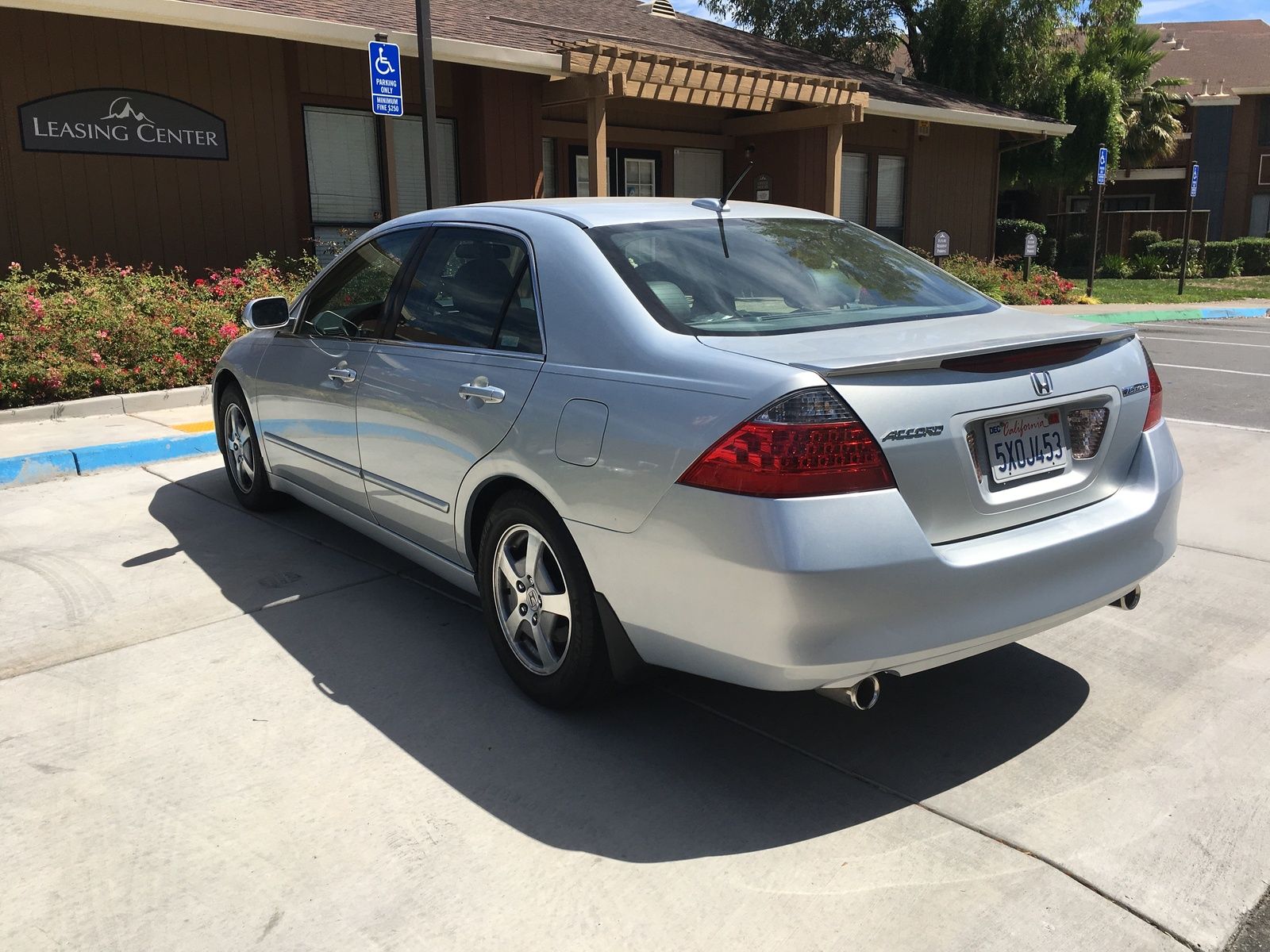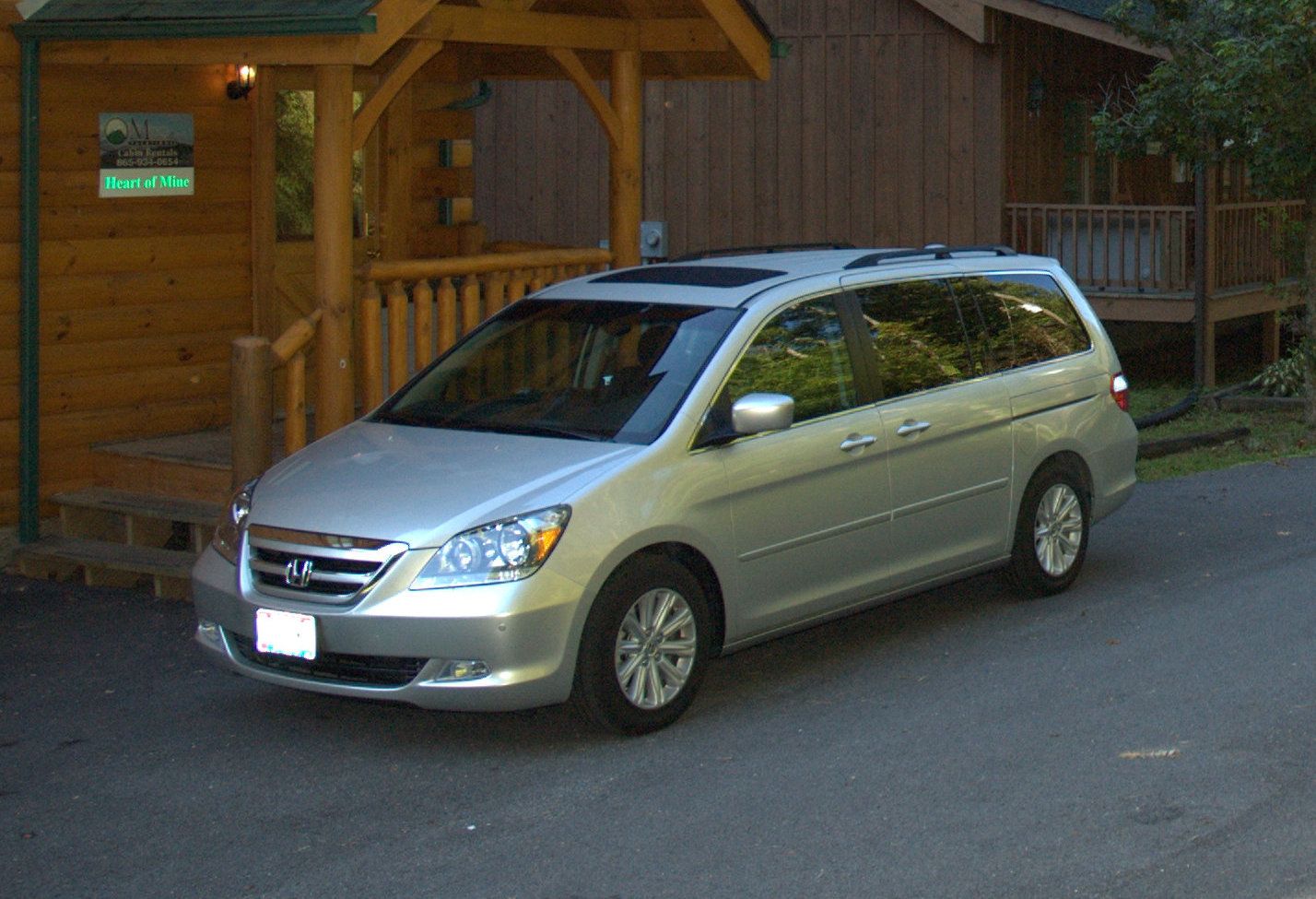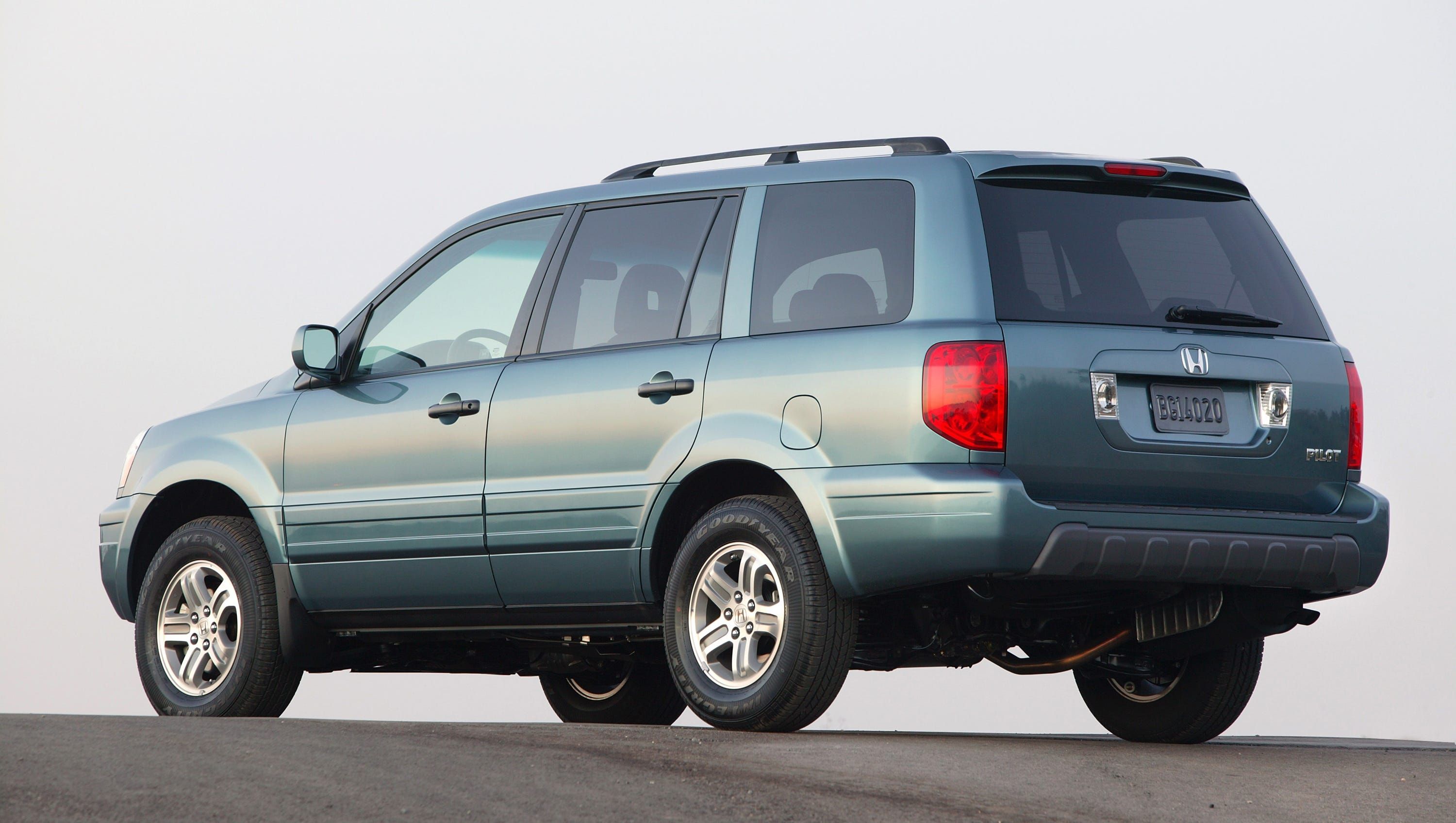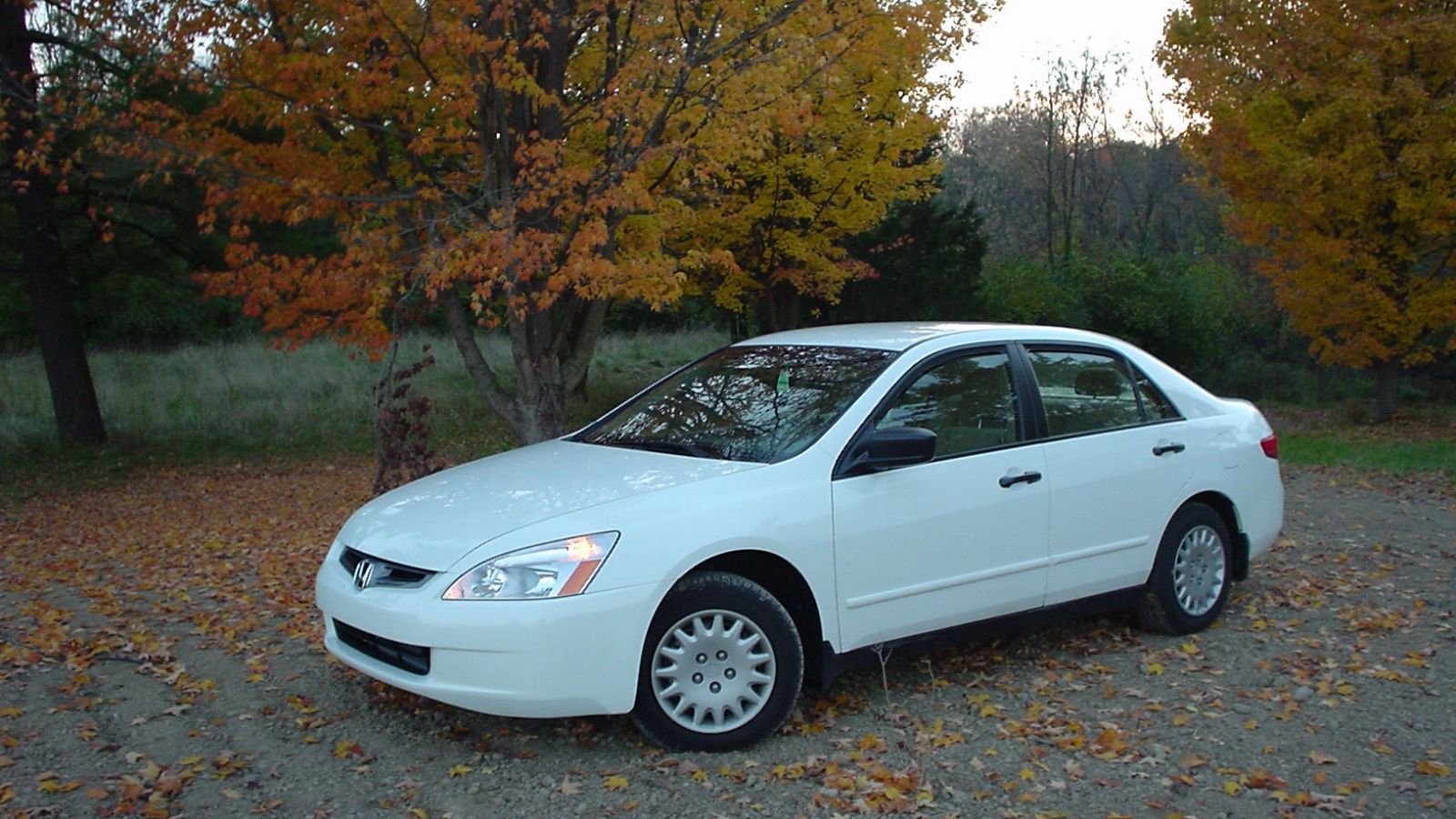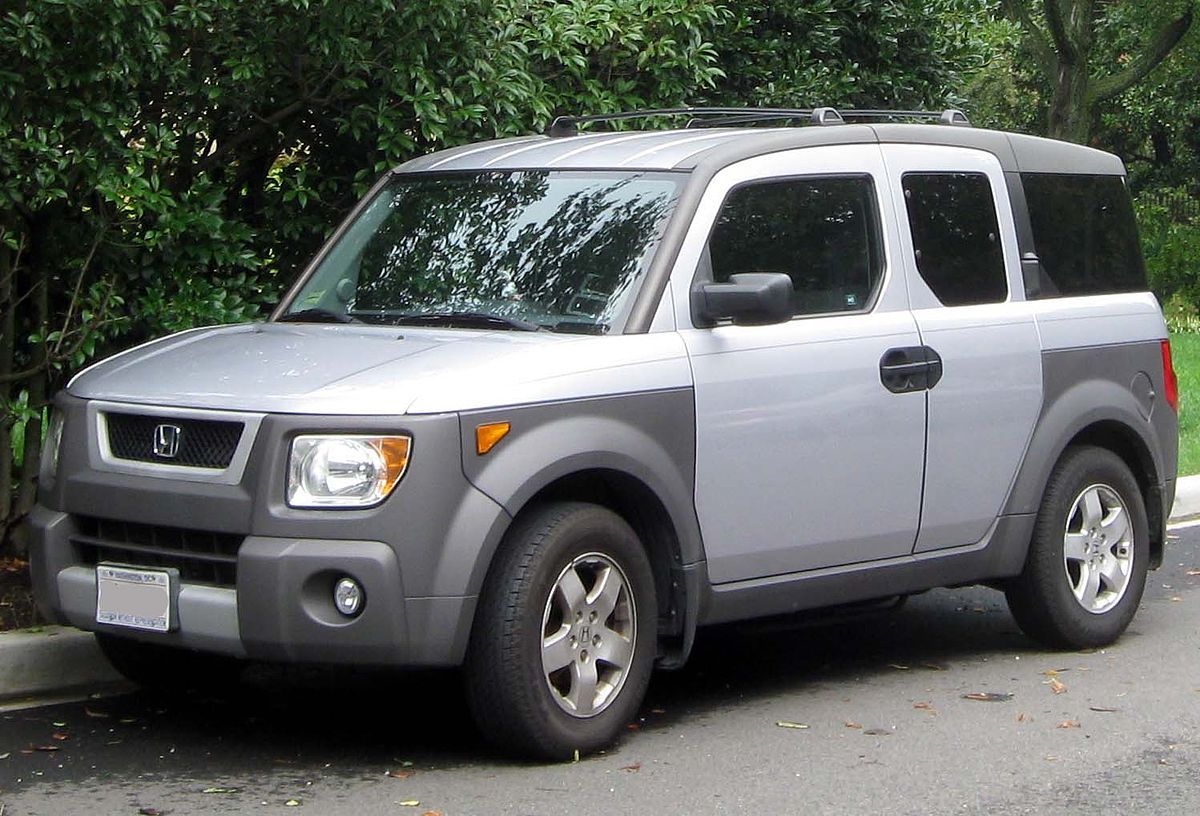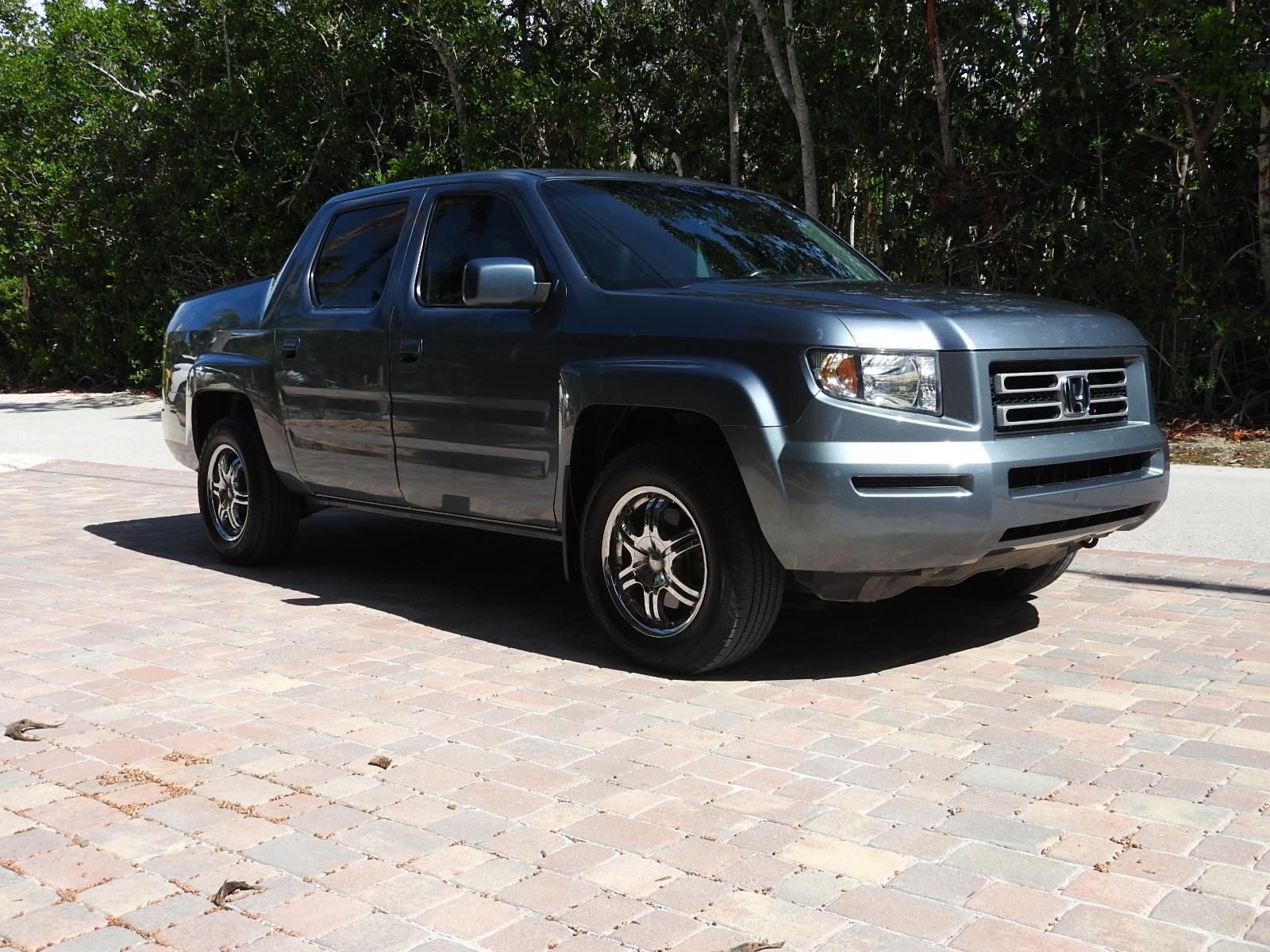For as long as we can remember, Japanese cars have enjoyed significant popularity in the market. One can argue that these cars come relatively cheaper than those offered by other automakers. At the same time, Japanese carmakers have also come to develop all types of vehicles to cater to any car preference. These include sedans, sports cars, SUVs, pickup trucks, and electric vehicles.
Some of the most known Japanese carmakers include Toyota, Nissan, Mitsubishi, Subaru, and of course, Honda. Honda is widely known for its Civic and CR-V, among many other car models. Unbeknownst to many, however, Honda has problems:
10 Poorly Installed Airbags
According to a copy of the press release, the issue occurred while dealer technicians were performing airbag replacements as a result of the Takata passenger airbag recalls. During this process, it is believed that U.S. dealers incorrectly installed inflators in the affected vehicles.
Because of this, it is believed that the airbag would not inflate properly. And in case of a crash, faulty airbag deployment can lead to injuries among the vehicle occupants. The affected cars include various year models of the Accord, Accord Crosstour, Civic, CR-V, Element, Fit, Insight, Odyssey, Pilot, and Ridgeline.
9 Overheating Power Window Switch
On September 26, 2012, Honda received a report of a melted harness from a vehicle whose window switch has been repaired during a previous recall. During Honda’s investigation, their testing showed that water was able to enter into the switch because the plastic cover can separate from the surface.
Because of this, the circuit board would melt. As a result, the switch would fail and overheat. This, in turn, can cause a fire inside the car. The affected cars include the 2007 to 2008 models of the Fit.
8 Deforming Ignition Interlock Which May Cause The Car To Roll Away
This problem is due to a design change applied to the ignition switch in which the range of the ignition switch rotation was changed from 160° to 125°. Unfortunately, there was no corresponding change done to the ignition interlock blocking mechanism.
Because of this, the interlock blocking mechanism can eventually become damaged if the driver applies excessive rotational force when attempting to remove the key even when the gear selector is not in Park. Eventually, the damage would also allow the driver to remove the ignition key from the gear selector even when the car is not in Park position.
7 Possible Power Steering Hose Failure
According to the copy of the defect notice from the National Highway Traffic Safety Administration (NHTSA), prolonged high temperatures of power steering fluid and under-hood may lead to the deterioration of the power steering hose. As a result, cracks may form in the hose and eventually lead to the leakage of power steering fluid from the affected vehicle.
When power steering fluid leaks on the car’s hot catalytic converter, the car may smoke, and the driver may detect a burning smell. Even worse, an under-hood fire may also occur. The affected cars are 2003 to 2007 models of the Accord.
6 Automatic Transmission Can Lock Up
Vehicle operations at certain conditions can cause heat to build up between the countershaft and the second gears of the secondary shaft in the automatic transmission. With insufficient oil flow to dissipate the heat, prolonged operation in these conditions will cause significantly less material strength.
As this happens, the gear tooth may chip. Even worse, the car may also suffer from gear breakage. As the gear fails, the automatic transmission may lockup and cause a crash. The affected models include 2003 to 2004 models of the Accord and Pilot and 2002 to 2004 models of the Odyssey.
5 Brake Systems That Engage On Its Own
According to a copy of the recall acknowledgment, it is possible that the electrical capacitor was damaged during the manufacturing process of the Vehicle Stability Assist (VSA) control module. Because of this, the affected cars may experience automatic, intermittent, minor brake application.
Moreover, if the driver engages the brakes with the VSA malfunctioning, the vehicle may come to a sudden stop. In addition, it was also found that a loose ground connection may cause 2005 Pilots with the VSA system to apply partial brakes even if the driver never stepped on the brakes.
4 Sudden Loss Of Power In The Fuel Pump
Just like some of the other issues, this one originated in the manufacturing process. According to a copy of the defect and noncompliance notice, there was a broken die punch that resulted in deformed terminals in the affected cars’ main fuse box. The deformed terminal is not capable of providing adequate contact to the car’s fuel pump relay.
Because of this, the fuel pump may suffer from intermittent loss of power. When this happens, the car’s engine could stall unexpectedly and cause a crash. The affected cars include 2005 models of the Accord and Odyssey.
3 Soft Brake Pedal Feel
During the car’s initial self-check process that occurs every time you start the car, the self-diagnostic software for the car’s VSA modulator allows for a vacuum condition which causes air to enter the VSA modulator pump.
As the car continues to be used over time, the air could cause the brake pedal to feel lower to the floor or softer. This, in turn, can affect how the driver operates the vehicle. Even worse, it can make the car relatively unsafe to drive. The affected cars include the 2007 to 2008 models of the Odyssey and Element.
2 Automatic Transmission That Can Short Circuit
Beginning with the 2005 four-cylinder Element and Accord cars, modifications were made in the secondary shaft bearing outer race material and shape to handle more engine torque. However, such modifications were not properly addressed in the car’s automatic transmission control module software. Hence, in certain driving conditions, it is possible for the secondary shaft bearing to brake.
Once this happens, the driver might hear an abnormal noise due to the car’s broken outer race. It may also cause contact between the electric sensor housing and the transmission idle gear. This would lead to a short circuit and engine stall.
1 Fuel Pump That Loses Power Without Warning
According to the copy of the defect and noncompliance notice, sealant had been applied to the fuel pump relay terminal during the manufacturing process. It is possible that this sealant has flowed to the relay and onto the coil and bonded with the coil thread wire end. When this coil thread wire is repeatedly flexed, it may eventually break.
As a result, the fuel pump can lose power without warning. Even worse, the engine can also stall unexpectedly or fail to start. If the engine stall occurs while the vehicle is being operated, it may lead to a crash.


